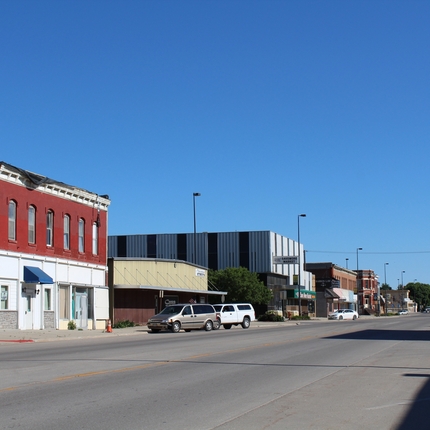By Eric Galatas, Public News Service - Nebraska
With Congress in gridlock over future stimulus spending during the coronavirus pandemic, small businesses with loans through the Rural Microentrepreneur Assistance Program, or RMAP, still have not received any financial help.
Johnathan Hladik, policy director with the Center for Rural Affairs, said hair salons, for example, with Small Business Administration loans that got six months of loan relief are now able to open their doors for business. But businesses with RMAP loans are facing bankruptcy.
"A hair salon on the other side of town that has their loan through an RMAP lender, they didn't get that six months and they may not be able to open their doors again," Hladik said. "And this is a case where the CARES act picked winners and losers and left people behind, and I think that's a big concern."
Hladik said most lawmakers his group has met with are supportive of including RMAP businesses in the next stimulus bill. He said the main roadblock right now is that deep partisan divides are preventing Congress from working together to pass another relief package.
Getting loan relief to some 1,200 RMAP businesses is projected to cost just $1 million - $2 million, a drop in the bucket compared with overall stimulus spending, which is in the trillions. Hladik said another challenge facing rural businesses is that their numbers are relatively small, which can make it hard to get lawmakers' attention.
"Underserved rural small businesses aren't a huge constituency, but it's important. And it's not a lot of money and it could mean the world to these businesses," he said. "And so we just have to make sure that members of Congress understand that and find those members who are willing to take a leadership role and get that passed."
If RMAP businesses don't get help, Hladik said, there could be long-term consequences. When borrowers default, the non-profits that service the loans still have to pay the balance to the US Department of Agriculture. He worries those lenders will be reluctant to make future loans, which could be crippling for rural communities across Nebraska and the U.S. that depend on small businesses to create jobs.
Click here to listen to the interview.





